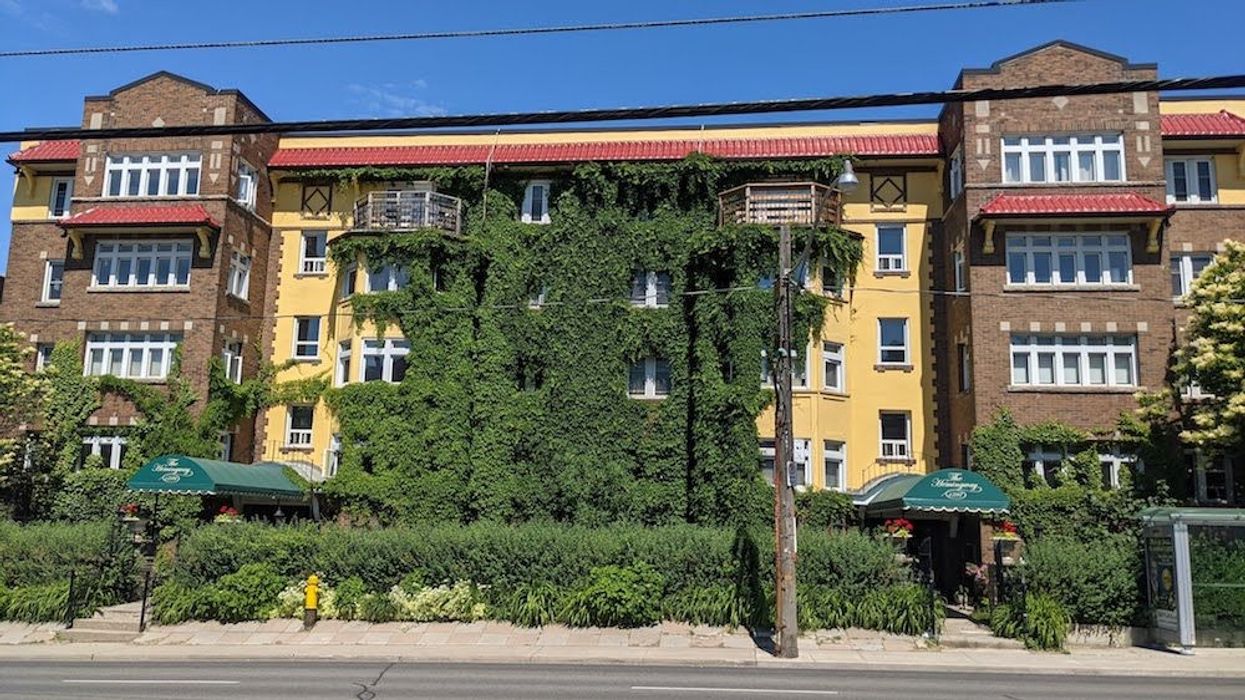Right of First Refusal
Learn how the Right of First Refusal works in Canadian real estate, when it applies, and how it can impact property sale negotiations.

May 22, 2025
What is the Right of First Refusal?
The Right of First Refusal (ROFR) is a contractual clause that gives an individual or group the opportunity to purchase a property before the owner can sell it to another party.
Why Does the Right of First Refusal Matter in Real Estate
ROFR clauses are used in Canadian real estate to provide security to tenants, family members, or neighboring property owners. When the property owner decides to sell, they must first offer it to the party holding the ROFR on the same terms as any outside offer.
Common scenarios include:
- Condo boards having the right to purchase a unit before it’s sold to a third party
- Tenants in rental-to-own or co-op situations
- Family members wanting to keep property within the family
The right typically:
- Must be exercised within a set timeframe
- Is triggered by a bona fide third-party offer
- May influence marketability or negotiation timelines
Buyers should be aware of any ROFR clauses when purchasing a property, as it may delay or block a planned purchase.
Understanding the ROFR is crucial for both property owners and buyers, especially in shared ownership or unique property arrangements.
Example of the Right of First Refusal
A tenant with a Right of First Refusal is notified when their landlord receives an offer to buy the property and chooses to match it, purchasing the home themselves.
Key Takeaways
- Gives someone priority to buy before others.
- Must match third-party offer.
- Often used in leases and family transfers.
- Affects sales timing and negotiation.
- Needs clear terms and legal review.
Related Terms
- Lease Agreement
- Option to Purchase
- Conditional Offer
- Condominium Bylaws
- Legal Restrictions


 Renderings of the 65-storey tower previously proposed for 145 Wellington Street West. (Partisans with Turner Fleischer / SKYGRiD)
Renderings of the 65-storey tower previously proposed for 145 Wellington Street West. (Partisans with Turner Fleischer / SKYGRiD)






 205 Queen Street, Brampton/Hazelview
205 Queen Street, Brampton/Hazelview
 Christine Boyle and Gregor Robertson. (Government of British Columbia)
Christine Boyle and Gregor Robertson. (Government of British Columbia)

 CREA
CREA
 Liam Gill is a lawyer and tech entrepreneur who consults with Torontonians looking to convert under-densified properties. (More Neighbours Toronto)
Liam Gill is a lawyer and tech entrepreneur who consults with Torontonians looking to convert under-densified properties. (More Neighbours Toronto)